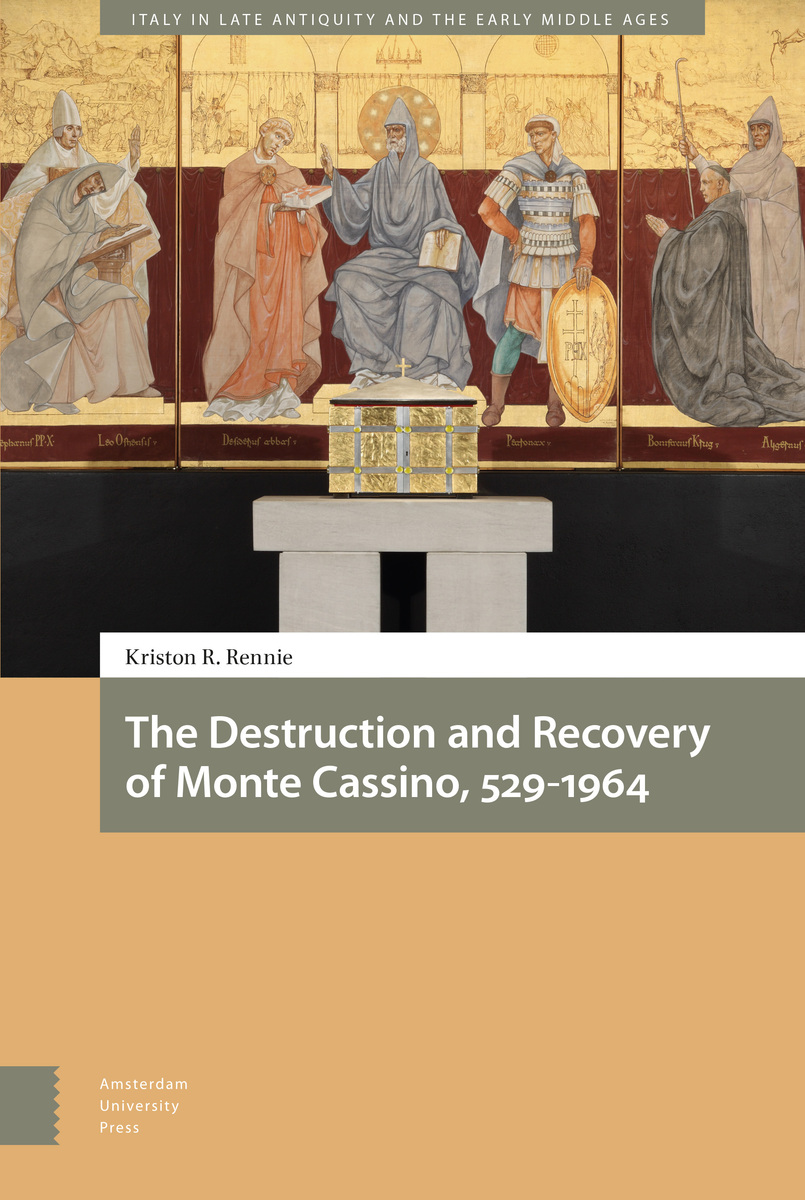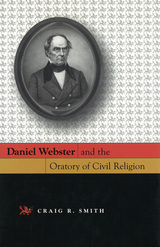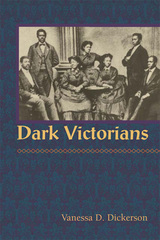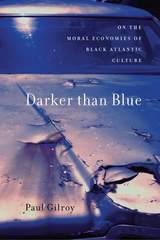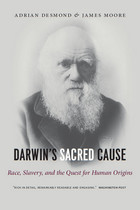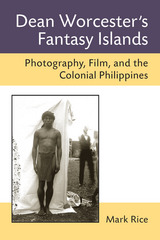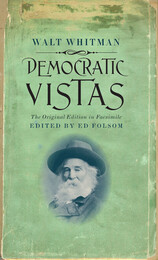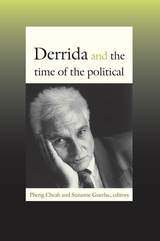The Destruction and Recovery of Monte Cassino, 529-1964
Amsterdam University Press, 2021
eISBN: 978-90-485-5212-2
See other books on: Destruction | Italy | Monte Cassino | Recovery | Rennie, Kriston R.
See other titles from Amsterdam University Press
eISBN: 978-90-485-5212-2
ABOUT THIS BOOK | AUTHOR BIOGRAPHY | TOC
ABOUT THIS BOOK
Between the sixth and twentieth centuries, the Benedictine Abbey of Monte Cassino (est. 529) experienced a cycle of atrocities which forever transformed its identity. This book examines how such a tumultuous history has been constructed, remembered, and represented from the Middle Ages to the present day. It uses this singular and pivotal case to analyse the historical process of remembering and its impact on modern representations of the past. Exactly how Monte Cassino is remembered is distinctive and diagnostic. The abbey is recognizable today as a beacon of western civilization, culture, and learning precisely because of its 'destruction tradition' over fourteen centuries. This book asks how the abbey's fragmented past has been ideologically, politically, and culturally constituted and preserved; how its experience with destruction and suffering - and recovery and rebirth - has become incorporated into a modern narrative of progress and triumph.
See other books on: Destruction | Italy | Monte Cassino | Recovery | Rennie, Kriston R.
See other titles from Amsterdam University Press
